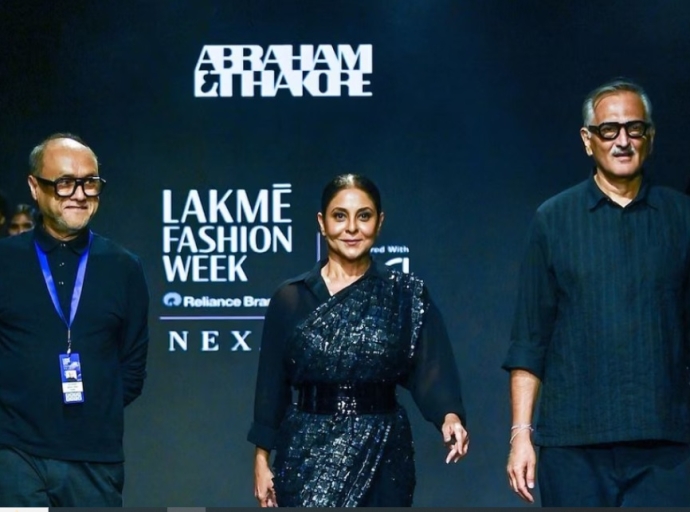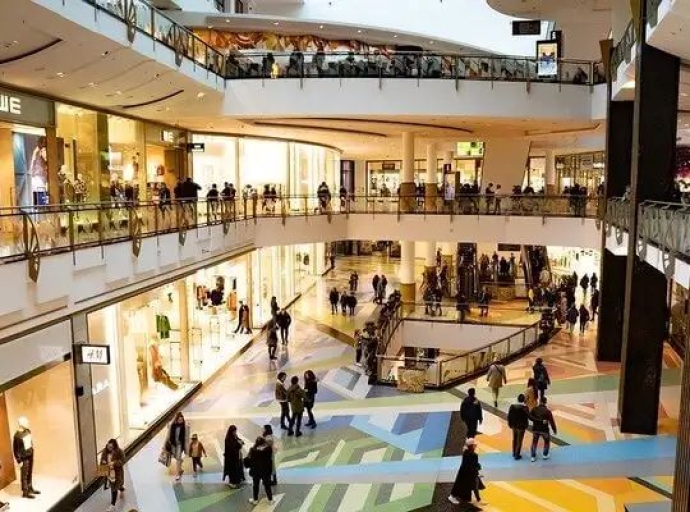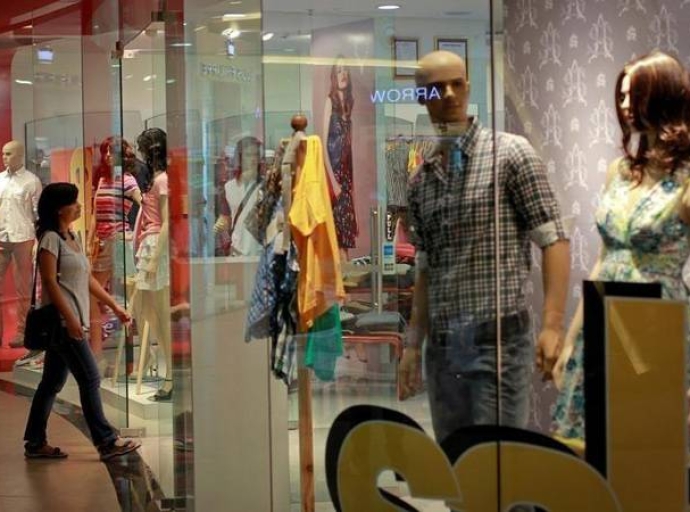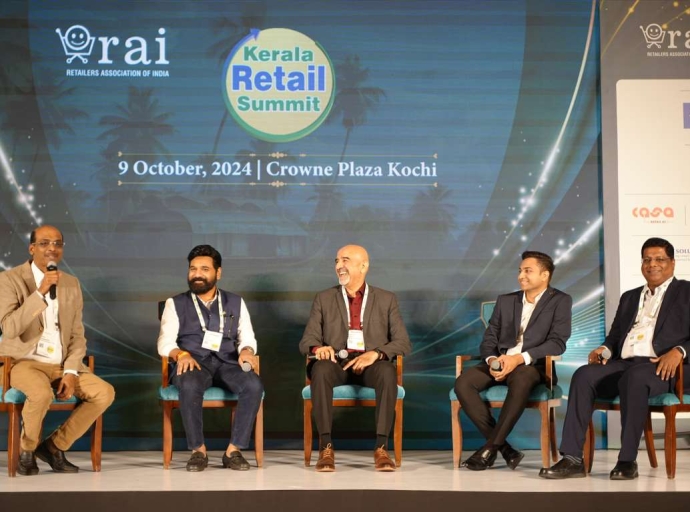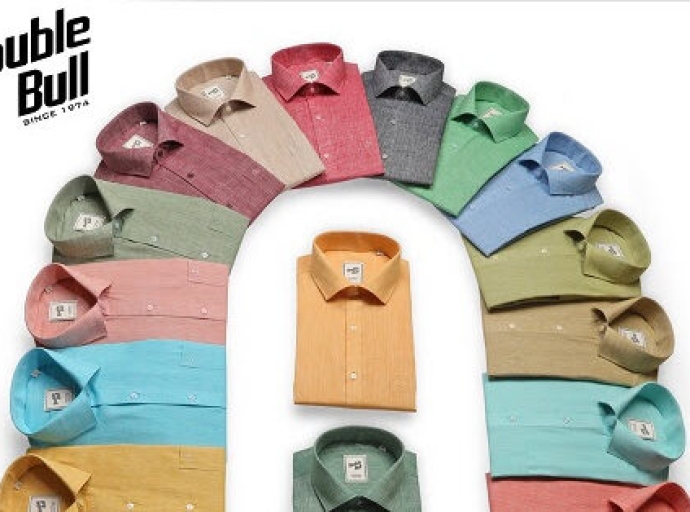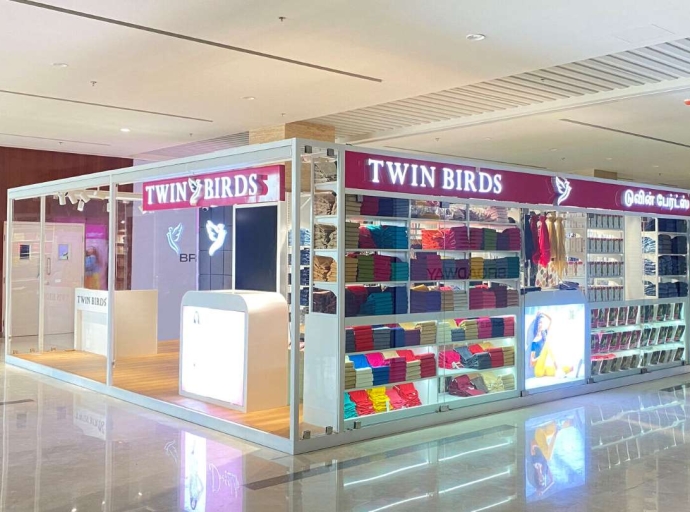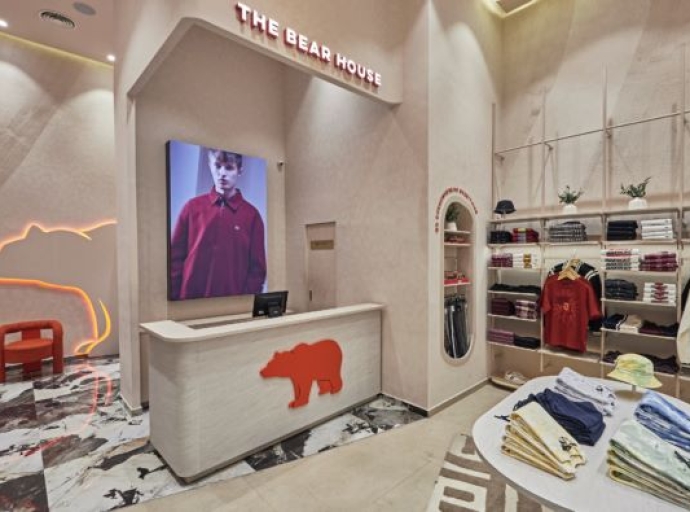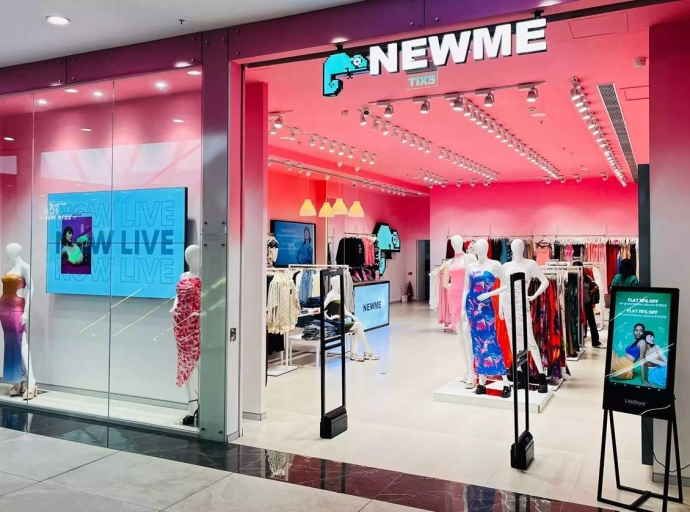Fast-fashion startup targeting Gen Z with trend-driven collections and rapid inventory cycles, Newme aims to boost revenues to Rs 5,000 crore by FY 2030. The company also plans to set up a nationwide network of 100 offline stores by the period.
At the core of Newme's growth strategy is its proprietary supply chain and data science model, enabling weekly collection drops with zero pre-managed inventory. By leveraging real-time trend analysis and a 48-hour production pipeline, Newme delivers hyper-relevant collections within a week, creating a dynamic fashion ecosystem unique to India, affirms Sumit Jasoria, CEO.
The brand utilizes Generative AI to operate with minimum order quantities (MOQs) from day one, allowing for unmatched speed and minimal waste, kept in single digits. This data-driven supply chain, combined with hyperlocal curation at the pin code level for each store, has fueled Newme's rapid growth: 7X in its first year, 3X in its second, and on track for another 3X this year. Newme projects Rs 220-240 crore in revenue by FY25 and Rs 700-800 crore by FY26.
Currently operating 13-14 stores, Newme blends its digital-first approach with a strong offline presence. Unlike traditional retailers, Newme stores offer dynamic, weekly-refreshed collections tailored to local preferences. The brands Delhi stores offer completely different assortments," notes Jasoria. They deliver something new to customers every week, he adds. y
Newme's FY30 ambition extends beyond revenue. The company is working towards an IPO by the end of the decade, confirms Jasoria. The brand iams to become a publicly listed, global fashion brand rooted in India's fast-evolving fashion landscape. Its global expansion plans include both digital platforms and physical stores in key international markets, replicating its successful India model.



